- Your cart is empty
- Continue shopping
Shop
D dimer Test :Ayu Health Plus Medical Test

Definition
D-dimer tests are used to check for blood clotting problems. Blood clots can cause health problems, such as:
- Deep vein thrombosis (DVT)
- Pulmonary embolism (PE)
- Stroke
- Disseminated intravascular coagulation (DIC)
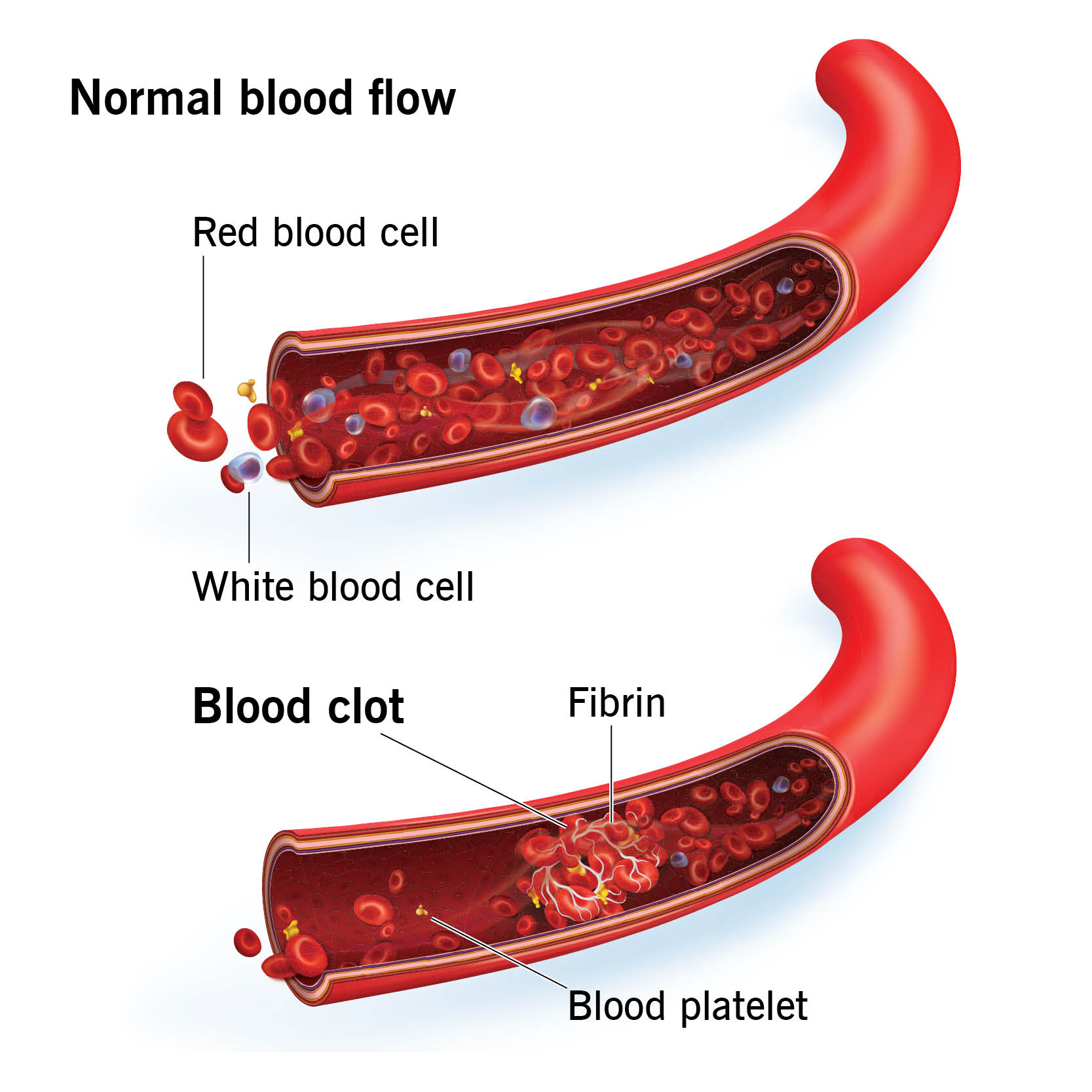 Altanative Names
Altanative Names
Fragment D-dimer; Fibrin degradation fragment; DVT – D-dimer; PE – D-dimer; Deep vein thrombosis – D-dimer; Pulmonary embolism – D-dimer; Blood clot to the lungs – D-dimer
How the Test is Performed
The D-dimer test is a blood test. You will need to get a blood sample drawn.
How to Prepare for the Test
No special preparation is necessary.
How the Test will Feel
When the needle is inserted to draw blood, some people feel moderate pain. Others feel only a prick or stinging sensation. Afterward, there may be some throbbing or a slight bruise.
Why the Test is Performed
Your health care provider may order a D-dimer test if you are showing symptoms of blood clots, such as:
- Swelling, pain, warmth, and changes in skin color of your leg
- Sharp chest pain, trouble breathing, coughing up blood, and fast heart beat
- Bleeding gums, nausea and vomiting, seizures, severe stomach and muscle pain, and decreased urine
Your provider may also use the D-dimer test to see if treatment for DIC is working.
Normal Results
A normal test is negative. This means that you probably do not have problems with blood clotting.
If you are getting the D-dimer test to see if treatment is working for DIC, a normal or decreasing level of D-dimer means the treatment is working.
What Abnormal Results Mean
A positive test means that you may be making blood clots. The test does not tell where the clots are or why you are making clots. Your provider may order other tests to see where clots are located.
A positive test may be caused by other factors, and you may not have any clots. D-dimer levels can be positive due to:
- Pregnancy
- Liver disease
- Recent surgery or trauma
- High lipid or triglyceride levels
- Heart disease
- Being over 80 years old
This makes the test mostly useful when it is negative, when many of the above causes can be ruled out.
Risks
Veins vary in size from one person to another and from one side of the body to the other. Obtaining a blood sample from some people may be more difficult than from others.
Risks associated with having blood drawn are slight, but may include:
- Bleeding from where the needle was inserted
- Fainting or feeling lightheaded
- Hematoma (blood collecting under the skin)
- Infection (a slight risk any time the skin is broken)

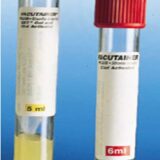

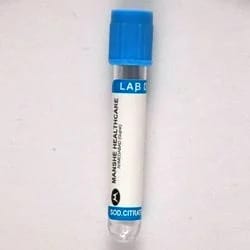

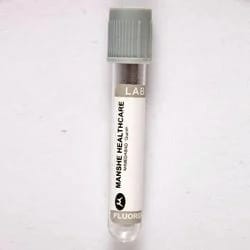
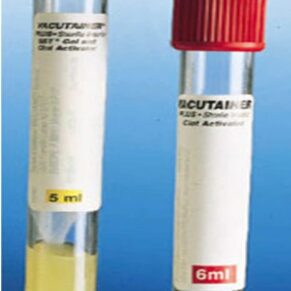
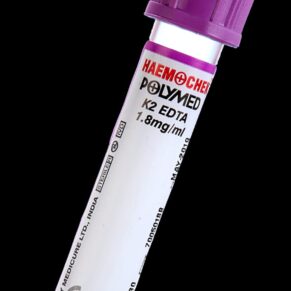
Customer reviews
Reviews
There are no reviews yet.
Write a customer review